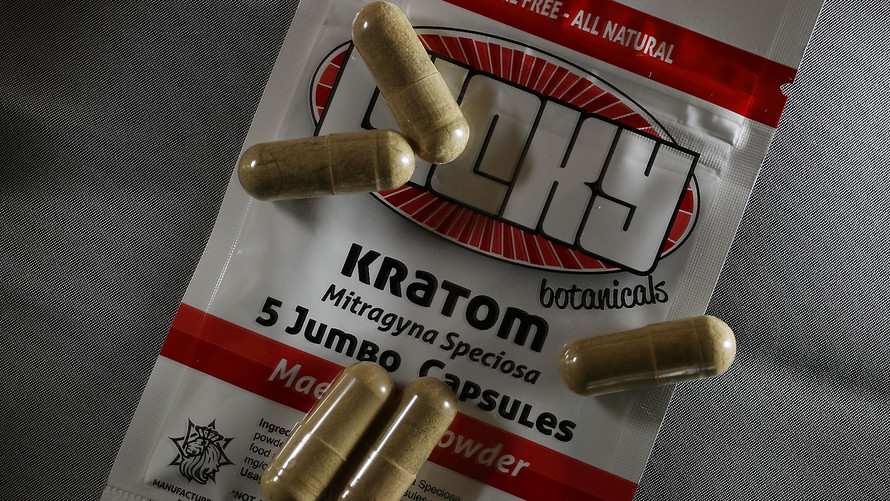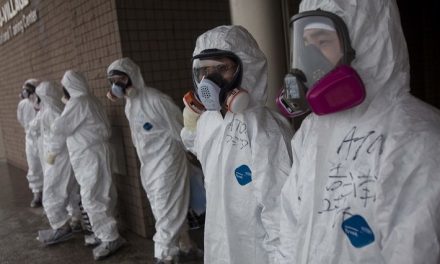On Tuesday, USDA Commissioner Scott Gottlieb warned the public about the dangers of the herbal supplement kratom saying “There is no evidence to indicate that kratom is safe or effective for any medical use.”1
The leaves of the kratom plant, which is native to Malaysia, are traditionally crushed and then made into a tea to treat pain or heroin/morphine dependence (by reducing withdrawal cravings). And according to its 3 to 5 million U.S. users, it’s a game changer and a life saver.
PUBLIC COMMENTS AND SCIENTIFIC REVIEW
However, the DEA and FDA aren’t so sure. Thankfully, since requesting public comment about Kratom and calling for a scientific review by the FDA, the agency hasn’t taken any further steps to make its use illegal. But the plant is still listed as a “drug of concern”. (You’ve got to wonder if they are doing that because it hurts their bottom line.)
“To better understand the plant, the FDA conducted computer modeling that predicted that many of the chemical compounds found in kratom bind to the same receptors as narcotic drugs such as oxycodone and hydrocodone.
But researchers who study the plant, including Scott Hemby, say the agency is making too broad of a statement. Hemby chairs the Department of Basic Pharmaceutical Sciences at High Point University in North Carolina and has been researching the abuse liability or ‘addictiveness’ of kratom.”2
While the model indicates that kratom compounds might affect the body just like opioids, which Hemby has seen in his research, he says that they do not bind to opioid receptors the same way the chemicals in heroin or oxycodone do, “Just because it binds, it doesn’t mean it has the same efficacy.”3 Instead, the compounds in kratom “sit on different parts of the receptor and fit differently than the chemicals in heroin and oxycodone.”4 And that means kratom use doesn’t lead to overdose fatalities the way opioids do. (But you know Scott Gottlieb, science is hard.)
RELATED STORY:












